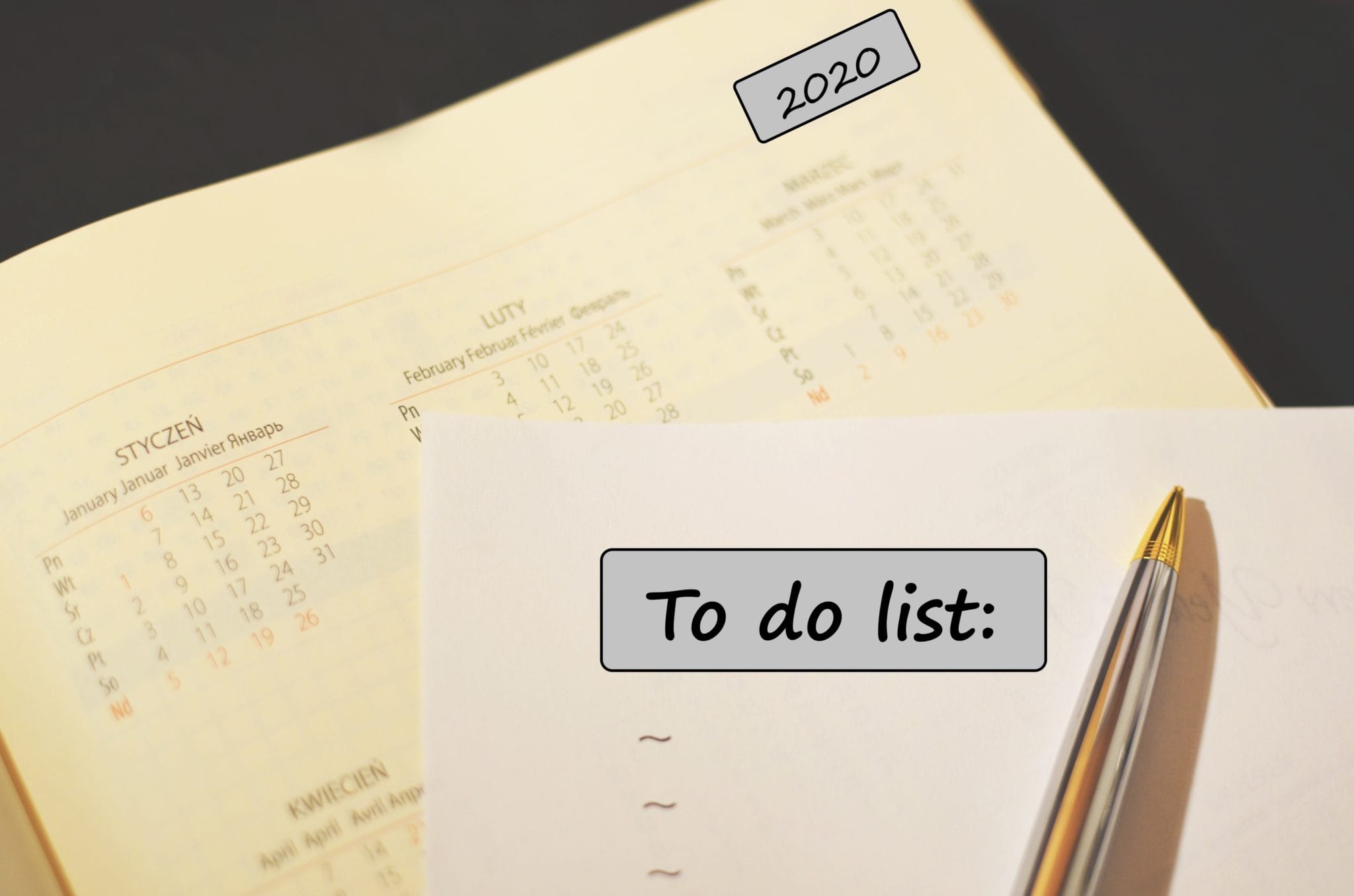Today’s post comes from Jackie Brown. Jackie is a Research Assistant in the Centre for Global Child Health at The Hospital for Sick Children. She is also the current Resource Coordinator of the OC-SNP National Executive
Every new year brings a fresh start, and this January 2020 is bringing in not just a new year but a whole new decade! An estimated 93% of people set new year’s resolutions but despite the majority of us having the best intentions to make positive change in our lives less than half of us, 45% to be exact, stick with our goals until February1. This is no surprise considering how hard it is to make sustainable lifestyle change! However, there are plenty of strategies we can use to set new year’s resolutions that are tailored to our own goals and needs and make them easier to achieve.
Here are some tips for setting new year’s resolutions that will last beyond the month of January:
- Write it down
- Did you know that you are 42% more likely to achieve your goals just by writing them down2?! The practice of writing down your goals is extremely important because it turns an idea that you have in your head into something real. Taking the time to write down your goal, whether on paper or just on your phone, forces you to think critically about your goal and can help you to develop concrete ways to achieve it.
- Be specific
- Some of the most popular New Year’s resolutions are to “exercise more”, “save more money”, and “eat healthier”3. These goals have something in common, they are all extremely vague, and having vague goals will lead to vague results! Think about the change you want to make in your life and be as specific as possible when writing down how making this change will look for you. If you want to “save more money” write down the numbers! If you want to “exercise more” create blocks of time in your schedule for doing just that.
- Stay accountable
- Accountability and goal setting go hand in hand. If you want to achieve something or make a change then you need a way to keep track of your process! Tell a supportive friend or family member about your goal. If you don’t feel like sharing your goal with someone, try tracking your goal progress in a journal or on your phone. What is most important is finding a way to stay on track with your goals and hold yourself responsible to them.
- Adjust your expectations
- Often new year’s resolutions will involve trying something new, but sometimes when we try something new we won’t necessarily enjoy it and we will need to be flexible and adjust our goals accordingly. If someone is wanting to “exercise more” and they go to some yoga classes, they may end up discovering that yoga just isn’t for them and that is completely OK! What is most important when working towards our goals is being able to adjust the initial expectations we had for ourselves and modify them to what we actually like. If yoga isn’t your cup of tea, you may find that power cycling, rock climbing, or swimming is a better fit for your physical activity goals instead.
- Accept failure
- Our new year’s resolutions are not usually one and done deals. The changes most people set out to make are ones they want to last for a really long time! While we are trying to establish new habits and achieve our goals it is natural for us to slip up along the way. A hard week at work, or a stressful life event, can easily throw us off course. When these things happen, try to be gentle with yourself and remember that you can always get back on the path to achieving your goal!
- Enjoy yourself J
- As amazing as it feels to achieve our goals, it is also wonderful to pause and reflect on all of the little milestones and changes that occur along the way there. Be sure to enjoy yourself as you try to make some positive changes in your life!
References
- American Psychological Association, 2012. https://www.apaservices.org/practice/update/2012/02-23/willpower
- Peter Economy, Forbes, 2018. https://www.inc.com/peter-economy/this-is-way-you-need-to-write-down-your-goals-for-faster-success.html
- Time Magazine, 2012. https://content.time.com/time/specials/packages/completelist/0,29569,2040218,00.html






